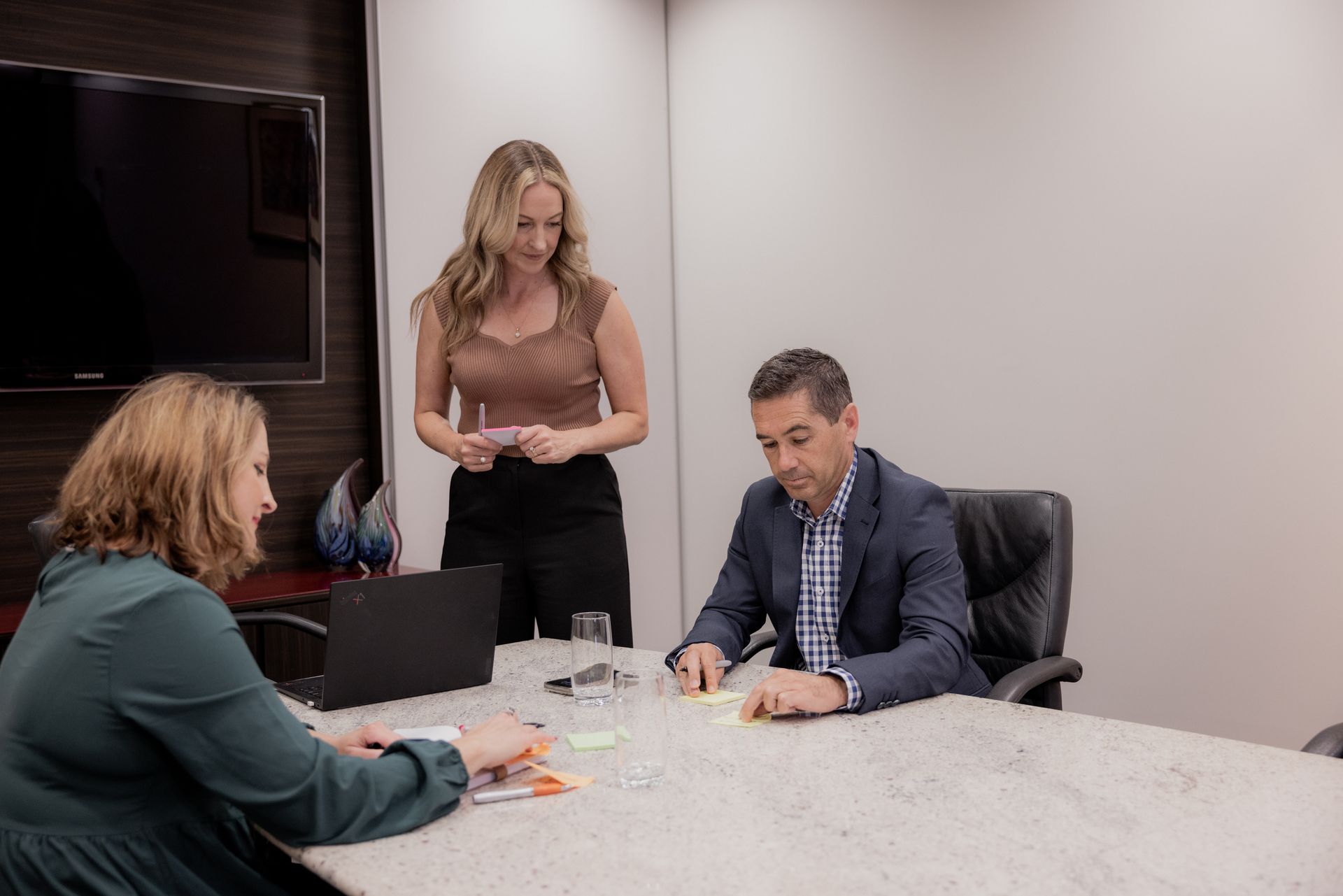The Biggest Mistake Leaders Make When Supporting Burnt Out Employees
Burnout is a serious issue across workplaces, impacting both productivity and personal well-being. When supporting a burnt-out team member, leaders have a critical opportunity to make a difference — but many make a common, well-intentioned mistake: assuming they know what the employee needs rather than directly asking them.
Assumptions about how to support an employee can lead to unintended setbacks. For example, reducing responsibilities might seem helpful but could remove tasks that the employee finds meaningful or energising. Without asking, leaders risk taking actions that may ultimately frustrate or disengage the employee further.
Why Assumptions Miss the Mark in Burnout Support
Burnout is a deeply personal experience, and no single approach will work for everyone. Leaders who try to “fix” burnout by acting on assumptions may inadvertently worsen the situation, sending messages that feel dismissive, undermining and demotivating. Here are some common examples of how assumptions can backfire:
- Assuming a lighter workload will help: Automatically reducing tasks may unintentionally communicate that the leader doesn’t have confidence in the employee or sees them as a burden.
- Assuming they need “easier” tasks: Reassigning an employee to low-stakes work may feel like a demotion if those tasks lack purpose or meaning for them.
A well-meaning leader can unintentionally add to the stress or isolation felt by the employee. To truly support, it’s essential to ask rather than assume.
The Power of Asking: How to Create a Supportive Dialogue
The best way to avoid assumptions is to engage in an open, respectful conversation. Rather than “fixing” burnout through assumptions, start by asking the employee what they need. This not only validates their experience but gives them control over their own path to recovery. Here are some questions that can foster a supportive dialogue:
- “What tasks or aspects of your role feel energising for you right now?”
- “Are there specific challenges or stressors that feel overwhelming?”
- “How can we adjust your responsibilities to better support you?”
These questions demonstrate a willingness to listen and help the employee feel heard, ultimately leading to more effective support.
Identifying Energising vs Exhausting Tasks
Another risk of assumptions is removing tasks that are actually fulfilling for the employee. Burnout doesn’t mean every part of their job is overwhelming — often, some aspects remain rewarding. Understanding which tasks energise versus drain them can guide balanced recovery support. This approach also empowers the employee to retain some control over their work experience.
For instance, if mentoring others brings purpose, keeping this in their role could aid recovery. Conversely, discussing ways to manage or reduce certain administrative tasks might ease their burden.
Establish a Safe Space for Ongoing Conversations
Supporting an employee through burnout requires ongoing dialogue, not a single conversation. Regular check-ins provide the opportunity to adjust support based on what’s working and what’s not. This consistent communication shows that the team values wellbeing and creates a culture where speaking up about challenges is welcomed and respected.
By maintaining an open, adaptive approach, leaders reinforce their commitment to the employee’s wellbeing, creating a supportive environment for both the individual and the broader team.
Avoiding Assumptions & Supporting Recovery
The biggest mistake leaders make when supporting burnt-out employees is assuming they know what’s best without asking. By opening a conversation and inviting the employee to share what they need, leaders can avoid unintended setbacks and offer meaningful support.
Burnout recovery is a journey, and compassionate, individualised support can make all the difference. Through open communication and a commitment to understanding each employee’s needs, leaders can foster a healthier, more supportive environment for everyone on the team.
At Prospera Consulting, we understand the toll that burnout can take, and we’re here to support you on your journey to recovery. Remember, you don’t have to navigate this alone. Reach out, take that first step, and give yourself the care and compassion you deserve. Your wellbeing is worth it.










